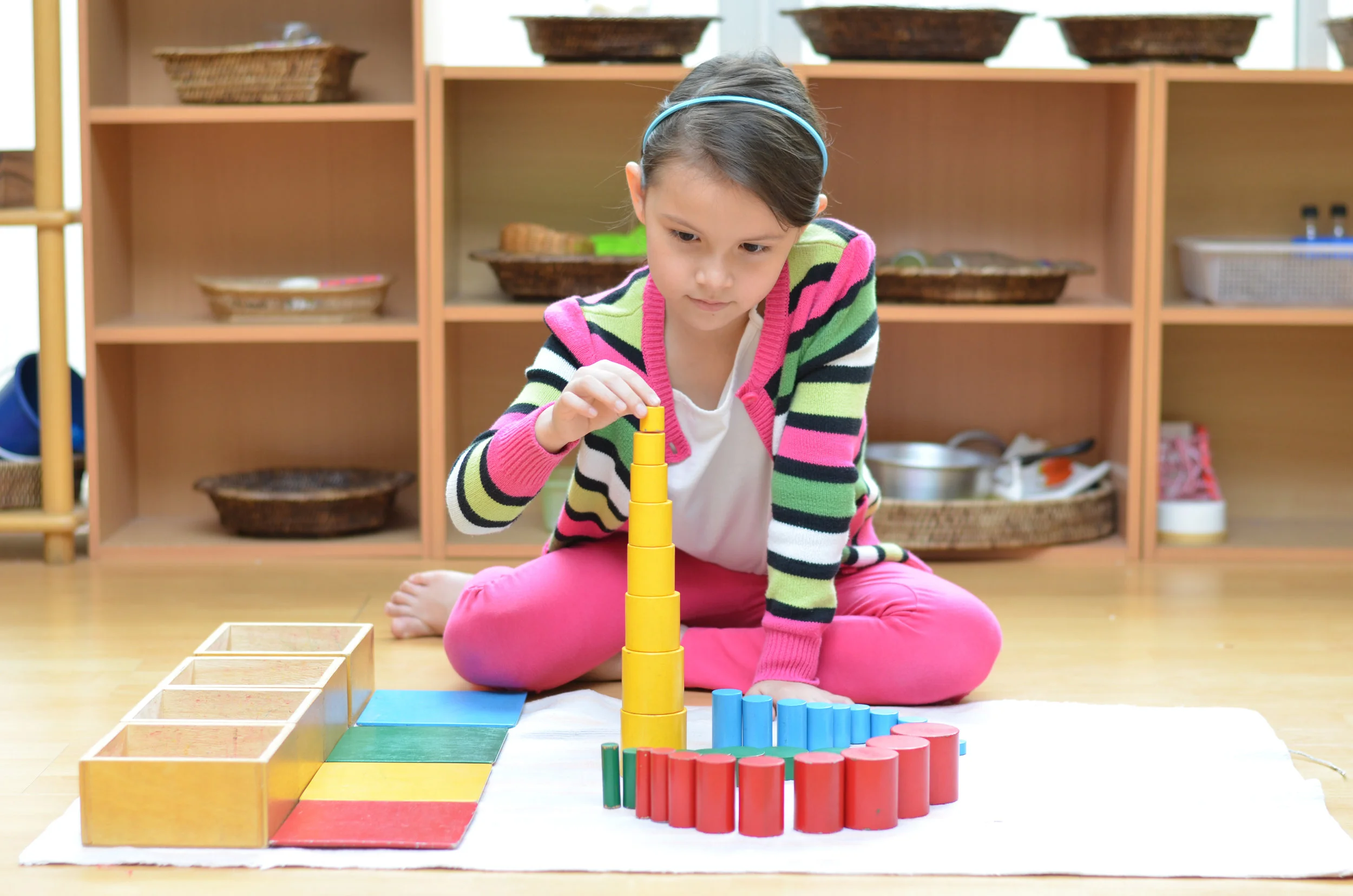What is STEM and STEAM?
/“STEM” means “science, technology, engineering, and math”. Since schools have always taught science and math, the key point in calling something a “STEM” program is not only a promise to deliver really strong science and math, but to teach technology and engineering too. And that’s something schools have not traditionally done.
We’re seeing that the good jobs today, and even more in the future, are going to those people who don’t just know science and math, but who know how to apply it to make things - to design and build things. That’s what an engineer does - and that’s why engineers make so much more money than mathematicians!
But these skills are not just important for becoming an engineer: learning how to apply what you learn to real world situations makes anyone more effective and more valuable - whether you have a career in technology, or even if you have a career in business or even the arts. The people that get ahead in today’s world are creative, collaborative team players who know how to dream, plan, and get things done. That’s what STEM education is all about.
But not only has there been a lack of practical science in the traditional school curriculum, there’s also been a lack of attention to the arts, which are a crucial part of a classical education. So the “A” in “STEAM” is for the Arts.
While we should put heavy emphasis on the Science, Technology, Engineering and Math, researchers also know that Art is not only fun for kids, and makes them more well-rounded – but it actually makes them better at math and science too. And art (whether drawing, dancing, or listening to music) is and should be a relaxing activity that complements their other work later in school, and throughout their lives.
Art is important in child development also because it helps children develop their motor skills at an early age – developing muscles in their fingers to do artwork also helps them draw letters and numbers later on. Look at Leonardo da Vinci: a great scientist, but also a great artist – and his art is what made his science accessible to others.
Montessori provides a proven and highly respected method of building motor and social skills in young children, and developing an inquiring mind. Adding additional STEM elements to build collaborative and problem solving skills really gives children what they need for the 21st century – the world is really changing – faster than we know. Mariner Montessori combines these two proven and highly relevant elements of education into a learning environment that prepares children for the future.





